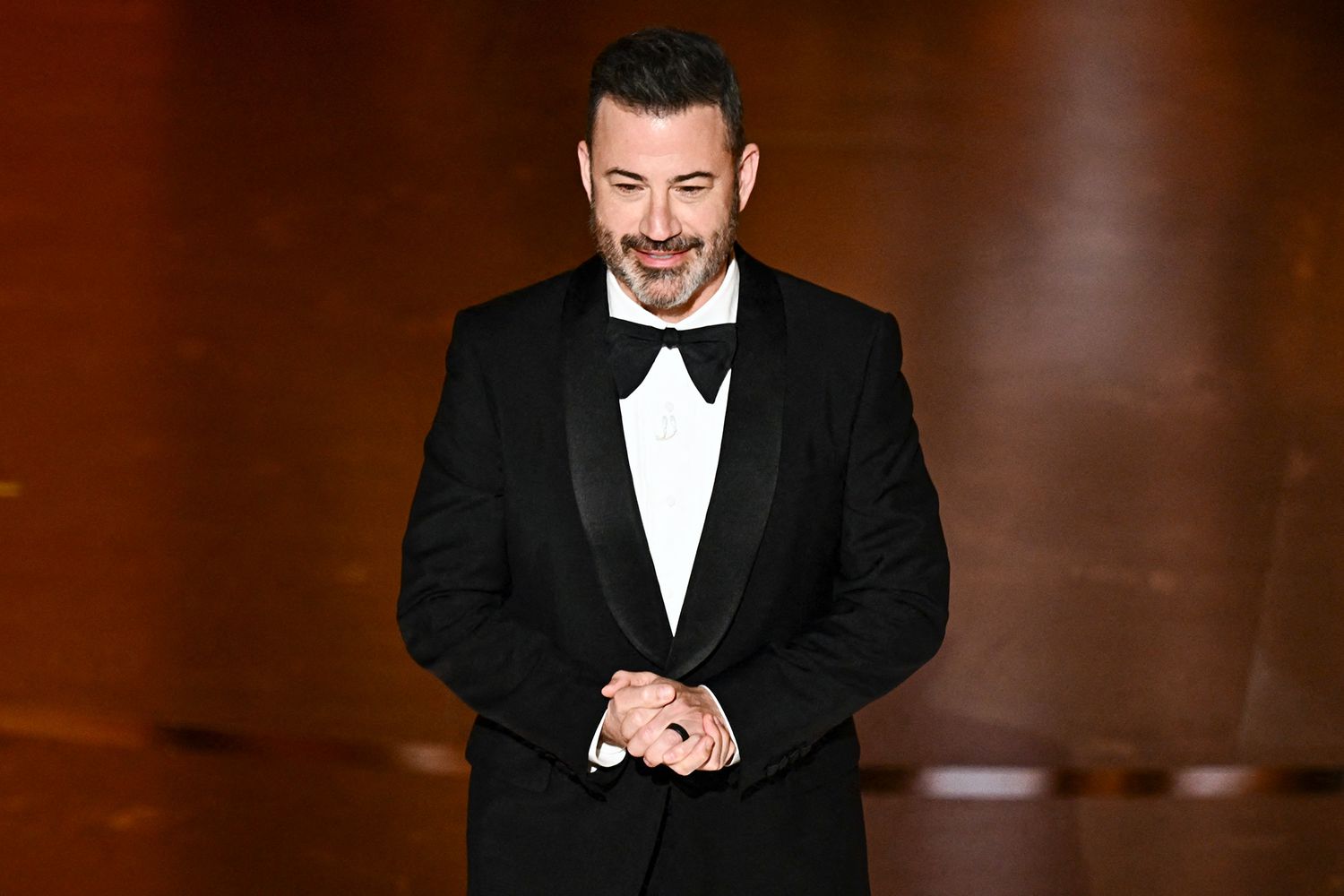The entertainment industry is making a stand for creator rights in the age of artificial intelligence. A newly proposed bill, spearheaded by Hollywood heavyweights, aims to increase transparency around how AI companies train their systems, potentially offering creators legal ammunition in the fight against potential copyright infringement.
A Call for Transparency: The Schiff Bill
On Tuesday, Representative Adam Schiff (D-Calif.) introduced legislation that would require companies developing generative AI systems to disclose the copyrighted works used to train their models. This means companies like OpenAI would be obligated to reveal the source material used to create AI tools like their video generation system, Sora.

Why Does Transparency Matter?
The rise of generative AI tools poses a unique challenge to the entertainment industry. These tools can create content that closely resembles human-made works, raising concerns about copyright infringement. By requiring disclosure of training data, the bill seeks to establish a clearer picture of how AI systems are built, potentially providing evidence for creators who believe their work has been misappropriated.
This transparency could empower creators in a few key ways:
Identifying Copyright Infringement: If a disclosed list of training data reveals unauthorized use of copyrighted material, creators could use this information to pursue legal action against AI companies.
Strengthening Copyright Claims: Knowing how their work was used in AI training could provide creators with a stronger case in potential copyright infringement lawsuits.
Establishing Fair Compensation: Transparency could pave the way for discussions about fair compensation for creators whose work contributes to the development of AI systems.
Industry Unites in Support
The Schiff bill has garnered widespread support from various entertainment industry guilds and unions. These organizations believe their members’ work is being used without proper authorization in the training of AI systems.
Here’s a glimpse into the industry’s response:
Writers Guild of America West: Praised the bill as a “critical first step” in addressing the unauthorized use of copyrighted material in AI training. (Statement by President Meredith Stiehm)
Directors Guild of America: Echoed the sentiment, emphasizing the importance of protecting filmmakers’ intellectual property. (Statement by President Lesli Linka Glatter)
IATSE International: Highlighted the potential for the bill to empower workers to enforce their rights. (Statement by President Matthew D. Loeb)
Additional endorsements come from the Recording Industry Association of America (RIAA), Authors Guild, National Association of Voice Actors (NAVA), and various other creative industry organizations.
The Bill’s Mechanics: Transparency with Deadlines
The proposed legislation outlines specific requirements for AI companies:
Disclosure of Training Data: Entities developing generative AI systems must submit a “sufficiently detailed summary of any copyrighted works used” to regulators within 30 days of the product’s launch.
Database Creation: The U.S. Copyright Office will establish a public database containing the submitted information.
Non-Compliance Penalty: Failure to comply with disclosure requirements will result in a fine of $5,000.
Navigating the Path to Implementation
While the bill enjoys significant industry support, its journey through Congress may be challenging.
Here are some potential hurdles:
Legal Uncertainty: There’s ongoing legal debate surrounding the use of copyrighted material in AI training. Courts are currently grappling with lawsuits from creators, and a clear legal precedent may take time to establish.
Competitive Advantage Concerns: AI companies may resist the bill, arguing that disclosing training data compromises their competitive edge.
The Human Touch: Protecting Creativity in the AI Age
The debate surrounding the Schiff bill highlights the tension between technological advancement and creator rights. As AI continues to evolve, establishing clear guidelines for responsible development is crucial.
The message from Hollywood is clear: “Everything generated by AI ultimately originates from a human creative source,” states SAG-AFTRA executive director Duncan Crabtree-Ireland. The bill aims to ensure that “human creative content – intellectual property – must be protected.”




